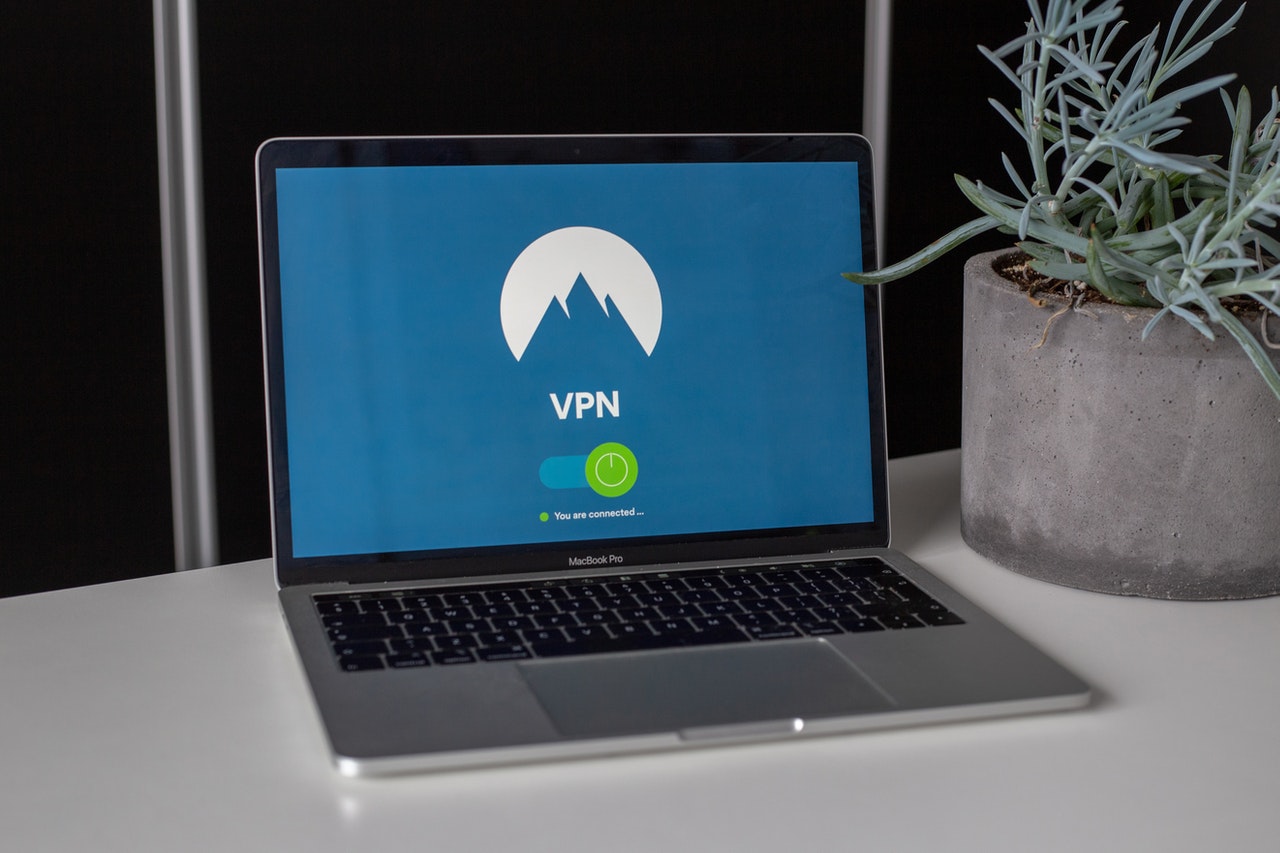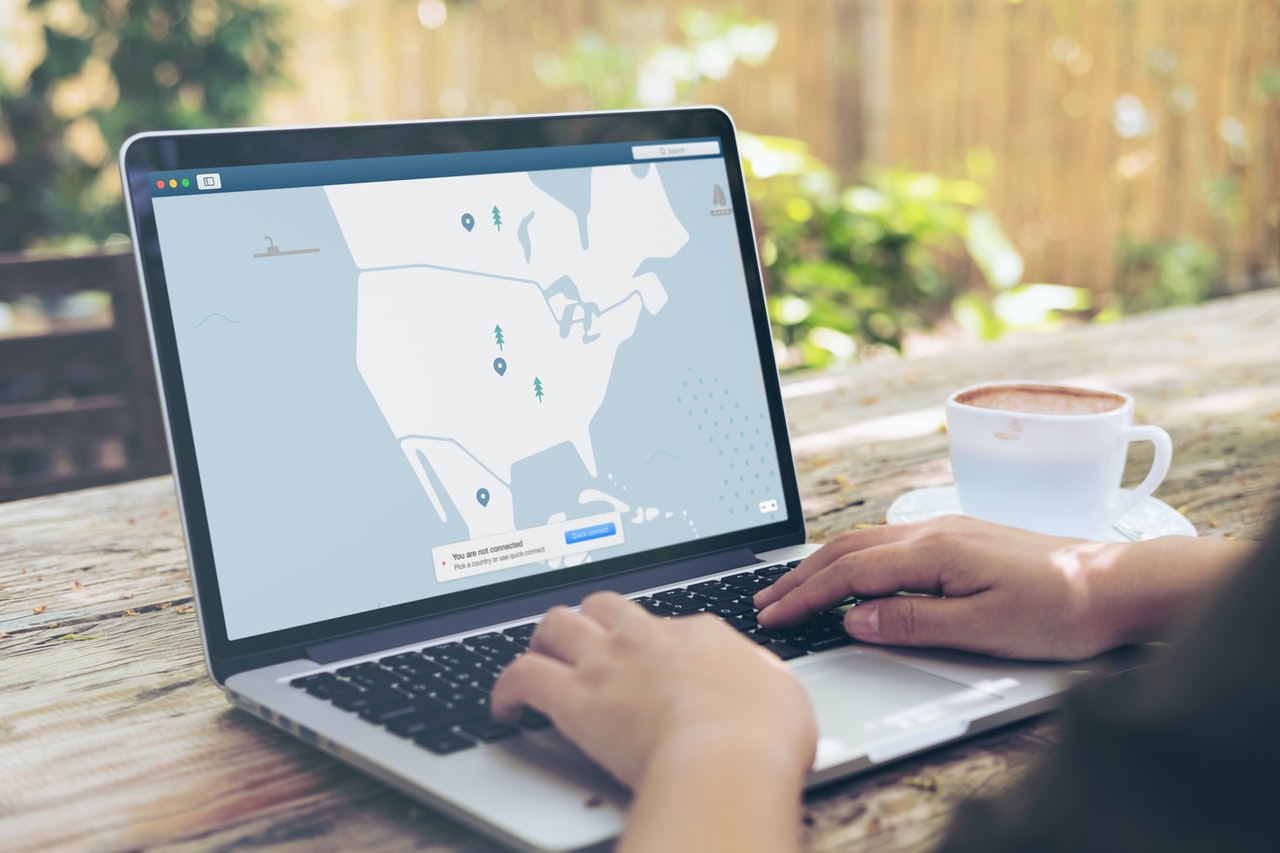
VPNs, or virtual private networks, have become all the rage for both regular people and businesses. The whole idea behind a VPN is that it gives you a safer and more secure way of browsing the internet. Everything that you do will go through an encrypted VPN server, meaning your network service provider isn’t able to track your data. Likewise, websites are unable to see your browsing history and take personal information from you.
It has many benefits, which is why both businesses and consumers use a VPN. However, there is a lot of misinformation out there surrounding this topic. Today, we bust open the biggest VPN myths and provide you with some cold hard facts instead.
VPNs slow down your internet
People and business owners often worry about what a VPN will do for their internet speeds. After all, you have to connect to the VPN and then connect to the internet. It’s assumed that this means your connection will slow down significantly.
On the contrary, it does not. The technology involved in a virtual private network means that data transfer isn’t slowed down by much at all. It won’t give you the peak of your browsing speeds, but the drop off is literally unnoticeable. We’re talking about maybe a decrease in your download or upload speed in terms of kilobytes. Everything will feel as fast as it usually does, so you don’t have to worry about a VPN slowing down your internet.
VPNs are illegal
It’s understandable that this myth gets thrown about a lot because it is technically true. Well, it’s only true in certain countries where censorship is a big issue. Places like China, Russia, and North Korea will ban the use of VPNs.
Nevertheless, for the vast majority of the world, these services are completely legal for you to use. After all, you don’t really gain anything from them. Yes, you get an extra layer of privacy and some security, but it’s not like you’re using the internet for free. You still need to pay for an internet service provider, and many VPNs cost money to use as well.
So, yes, VPNs can be illegal in some countries, but they’re most likely legal where you live.
Free VPNs work just as well as paid ones
There are ways for you to get a VPN for free. Some browsers have extensions that you can download for free, letting you use a VPN. You can also find many providers out there that won’t charge you for the service. As such, it’s tempting to save money and opt for the free versions.
However, just like most things in life, the free version isn’t as good as the paid ones. Trusted VPNs tend to cost money because they need money to keep all the essential features. If you pay for a VPN service, you tend to get one that’s way more reliable, way more secure, and much faster than a free one. In fact, going back to the first myth about internet speeds, this was started because a lot of free VPNs slowed things down significantly. If you actually pay for good service, you don’t have this issue.
Plus, you have many providers, like ClearVPN, who use the money you pay for your service for good. Lots of providers donate some funds to charities or appeals, so you can enjoy the benefits of a VPN while feeling extra good about yourself.

A VPN protects you from malware
Malware is invasive software that finds its way onto your devices. What tends to happen is you click on links or inadvertently download the software to your device. From here, it can create a virus that destroys your PC, or it might be used to extract valuable data. A lot of businesses have issues with malware attacks, so it helps to prevent them from happening.
Sadly, a VPN won’t do this. Virtual private networks are designed to give you more privacy and anonymity when online. It can make it harder for your private information to be accessed when you’re browsing. For instance, if you make online payments through a VPN, it’s harder for hackers to take your bank details.
But, with things like malware or phishing scams, a VPN doesn’t do anything to help. Most of the time, malware attacks are prevented by two possible things. Firstly, you use good antivirus software to detect any threats. Secondly, you train yourself and everyone using your devices to spot signs of malware or phishing attacks. Thus, you can stop them from negatively impacting your network.
VPNs aren’t useful for businesses
Some people argue that a virtual private network has no use for a business. This is because they assume that VPNs are used for specific things. A common use that regular consumers have for virtual private networks is to make it seem like they’re browsing from another country. If you are based in India, you can set your VPN to the UK, letting you access UK websites. It means you can see everything that’s on the UK Netflix or Amazon Prime.
Nevertheless, there are other reasons to use a VPN. In fact, it’s recommended that businesses use them to maintain a level of online privacy. A virtual private network can stop your ISP from tracking your browsing history. It can also stop websites from taking information unless you give it to them. Therefore, it is harder for hackers and other bad people to monitor your habits and access your information. For a business, this is extremely useful.
Evidently, there’s a lot of misinformation out there about this topic. The key things to know are that VPNs don’t slow down your PC if you choose a trusted service. They also aren’t illegal in most countries, but they won’t protect you from malware attacks or phishing scams. Instead, they primarily act to keep you anonymous and secure when online. Both business owners and regular consumers will benefit from using a VPN now and then. There are loads of providers out there, so go ahead and take your pick!

